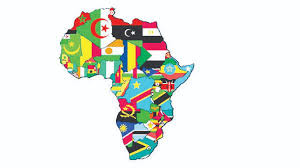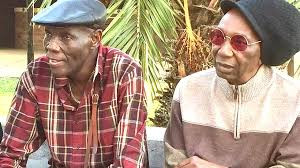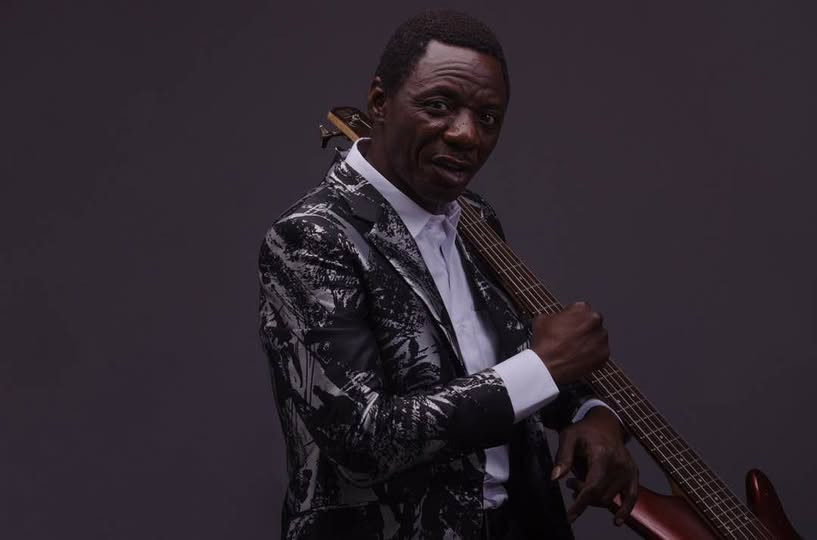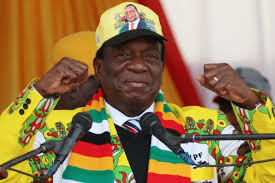
In the ever-unfolding journey of African liberation, Pan-Africanism emerges as a political and cultural compass aimed at restoring unity, dignity, and sovereignty to a people fragmented by colonial violence.
Yet, to truly decolonise the African mind and reclaim African futures, we must engage with the often-overlooked dimensions of motherhood and creative expression.
These are not merely peripheral concerns; they are core arenas where decolonial resistance is birthed, nurtured, and enacted.
Colonialism did not only steal land and labour; it also sought to redefine motherhood, dislocating African women from traditional roles and communal respect.
The colonial project weaponized patriarchy, converting African mothers into domestic subordinates through imported Victorian ideals.
This erasure was systematic: African women were denied political agency, stripped of land rights, and excluded from national liberation discourses.
To decolonise is to reclaim African motherhood from these Eurocentric distortions.
Pre-colonial Africa recognized motherhood as sacred, political, and spiritual.
- Edutainment mix: Inculturating edutainment
- Rural tourism has huge potential for economic growth
- Decoloniality and gender social systems
- The rising tide: African youth at the forefront of a new pan-Africanism
Keep Reading
Mothers were not just caregivers but were often counsellors, priestesses, rainmakers, and custodians of oral traditions.
In Pan-African thought, motherhood must thus be re-inscribed as a decolonial force and a site where memory, identity, and resistance are transmitted across generations.
If the colonial state used maps, borders, and violence to control African bodies and minds, African art has long been the counter-force an archive of freedom, cosmology, and critique. And within this aesthetic terrain, the African mother is often the first artist.
Whether sculpting clay, telling stories by moonlight, weaving baskets with hidden symbols, or ululating during rites of passage, mothers perform creative acts that resist cultural erasure.
These are not passive traditions, but they are acts of memory-making and survival, rich with indigenous knowledge systems that Western modernity tried to replace.
Decolonisation, therefore, requires us to elevate the creative labour of African women—as poets, songstresses, textile makers, and oral historians. The act of storytelling itself becomes a decolonial tool, challenging the hegemonic colonial archive with lived truths and ancestral wisdom.
Pan-Africanism must not only be geopolitical or economic. It must be cultural and spiritual, rooted in lived African realities. In this regard, the womb becomes symbolic of regeneration the birthing of liberated futures.
From Queen Nzinga of Angola to Mbuya Nehanda of Zimbabwe, from Maya Angelou to Funmilayo Ransome-Kuti, African and diasporic mothers have stood at the forefront of cultural and political resistance.
Their motherhood was not domesticated; it was revolutionary.
Artists like Miriam Makeba and Oumou Sangaré infused motherhood into their music as a critique of colonial patriarchy.
*Visit www.thestandard.co.zw for full article
Visual artists like Wangechi Mutu deconstruct Eurocentric representations of the African woman, reclaiming the female form as a powerful symbol of resistance and rebirth.
To decolonise Pan-Africanism is to centre these matriarchal voices, understanding that no true African renaissance can occur without the creative and cultural contributions of mothers—both literal and metaphorical.
In the diaspora, Black motherhood is similarly politicised and pathologised. Colonisation did not end—it morphed into systemic racism, economic marginalisation, and cultural alienation. Yet across the Atlantic, African-descended mothers continue to birth resistance through creativity.
Whether through blues, jazz, hip-hop, Caribbean oral poetry, or Yoruba spirituality, diasporic mothers create and recreate Africa in exile. Their art is womb-work—gestating identities, imagining return, and refusing erasure. These women resist the colonial gaze that renders them invisible or deviant.
As decolonial scholar Ngũgĩ wa Thiong’o argues, the struggle for liberation must begin with the re-Africanisation of the mind, and the mother through language, ritual, and art is the primary decolonial agent in this task.
In rethinking Pan-Africanism for the 21st century, we must abandon the masculinist narratives that have long dominated it. The project of African liberation cannot be fulfilled without centering the mother as a creative force, a memory keeper, and a decolonial architect.
The African continent, often described metaphorically as a mother, is not barren. It is pregnant with possibilities. But for those futures to be born, we must return to the womb—return to the rhythms of song, the power of story, the brushstroke, the sculpture, the chant. We must honour the creative maternal energy that colonialism tried to suppress but never extinguished.
As we chant “Africa Must Unite,” let us also say: “Africa Must Remember Her Mothers.”
For from them comes the art that resists, the language that reclaims, and the womb that births liberation.
- Raymond Millagre Langa is a musician, poet, orator, independent researcher and founder of Indebo edutainment Trust. You can follow on Facebook @Millagre Ray Langa, on X you can follow on #Millagre Langa, email. [email protected] or [email protected].











